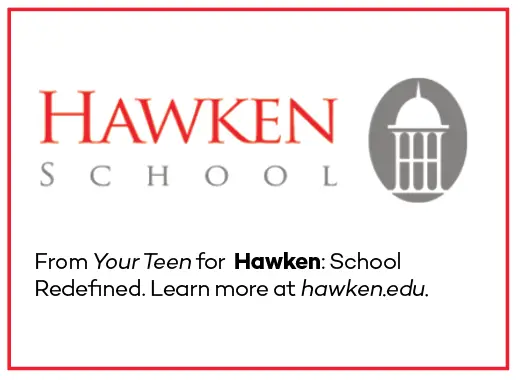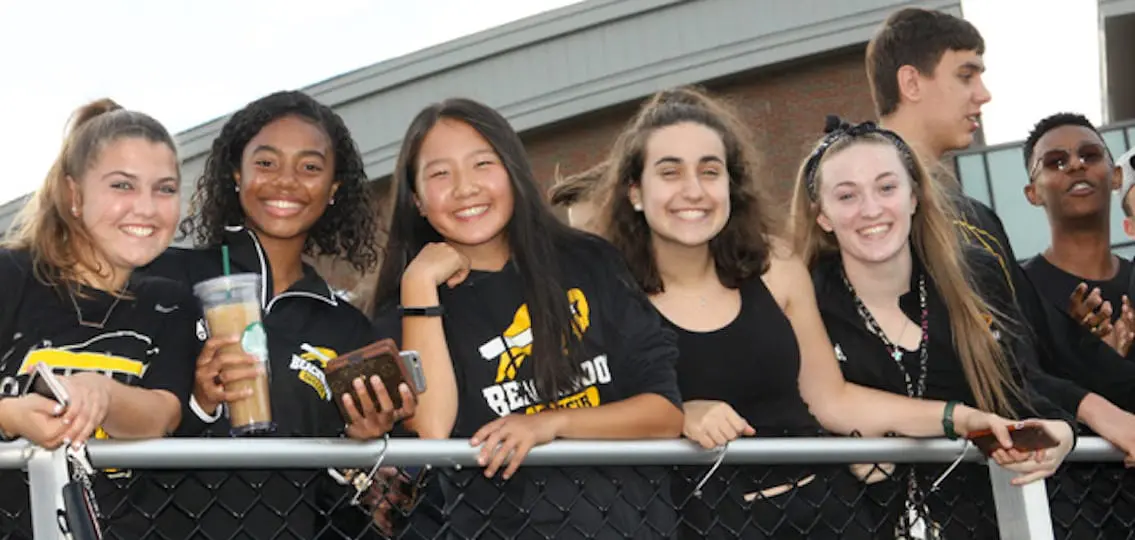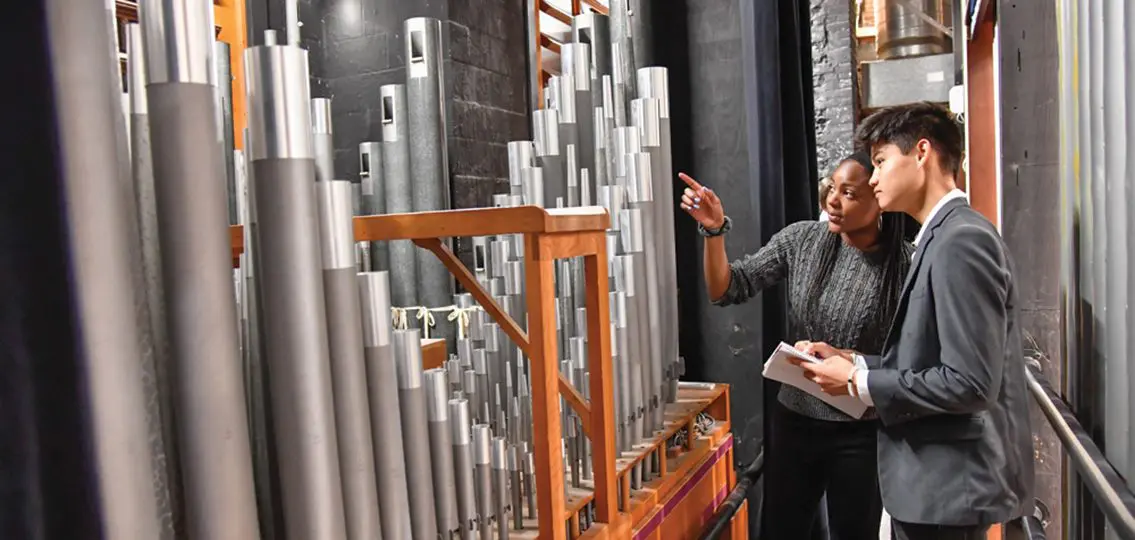When Nayan Rao enrolled in Entrepreneurial Studies at his high school, he knew it was a course based on the Mastery Transcript Consortium methodology. He knew the course would emphasize hands-on learning and that teachers wouldn’t be giving traditional grades. Aside from that, he didn’t really know what to expect.

It turned out to be a really good fit for the way he likes to learn—namely, he wants to be solving a real-life problem. Rao describes how he and his fellow students worked with entrepreneurs in their community, eventually forming their own mock company to research and design a prototype of a protective helmet for teen lacrosse players.
“What made the course so motivating was that there was a real problem we were looking to solve. We were accountable to professionals, not just our teachers,” Rao recalls.
What Is a Mastery School?

Korda describes the Mastery philosophy as offering “deep learning skills for the 21st century.” According to Korda, some key differences between a Mastery education and a more traditional high school experience include:
- Students spend less time in the classroom and more time working in the community with leaders and mentors.
- Work is project-based; there are no exams.
- Students work at their own pace, choose their course of study, and tackle real-life problems.
- There are no grades. Instead, students show their mastery by demonstrating what they’ve learned through a portfolio of their work.
Who Benefits from a Mastery School Approach?
Students who have found a more traditional education challenging or lacking may well benefit from a Mastery education. But Julia Griffin, Director of Hawken’s new Mastery School, believes that the Mastery approach can be beneficial to all students.
“The school is about helping students become empathetic collaborators and problem-solvers,” she says. “It’s for any kid who wants to find their voice, be empowered, and experience real-world learning.”
| [adrotate banner=”202″] |
Based on her work with hundreds of teachers and students, Korda agrees. “This is a tested method of education that works well for any student,” she says.
“The teaching methodology is based on what we know from cognitive science about how human beings learn new things best,” says Korda. “Humans don’t learn best by memorizing and regurgitating. They learn best by doing, and applying that knowledge.”
How Colleges View the Mastery Transcript
While Mastery schools are experiential learning high schools, all the essential subjects are covered, and students are held to high academic standards. Programs like Hawken’s Mastery School employ college counselors and offer opportunities for students to take college entrance exams, just as they would at a traditional high school.
What’s different is that Mastery schools send colleges a “Mastery Transcript,” the goal of which is to “tell a story about each kid,” says Griffin. In many ways, a Mastery Transcript is superior to a more traditional one, Korda explains.
| [adrotate banner=”142″] |
“A transcript with the name of courses you sat in and a letter or number associated with how well you did is not showing colleges the shape and depth of a student,” says Korda. “Instead, we can send transcripts containing actual work products the students have produced during their four years.”
Finding Their Path
For Rao, the Mastery-based program he attended was “transformational” and inspired him to pursue business studies at The Ohio State University, where he is currently a thriving junior. Rao believes all schools should be offering courses of study that emphasize “learning by doing.”

For the student who says, “But when am I ever going to use this information?” a Mastery school may be the answer.




